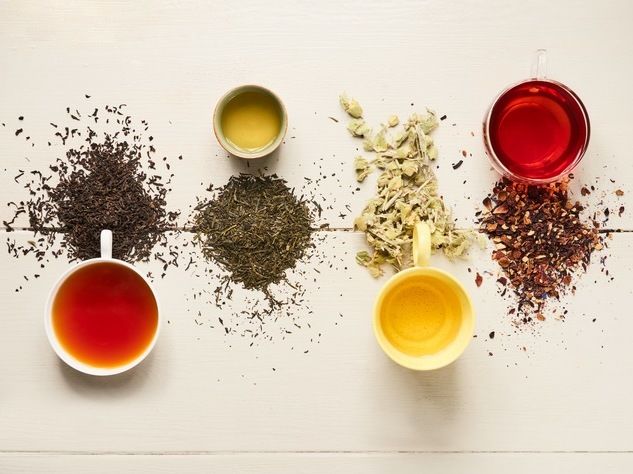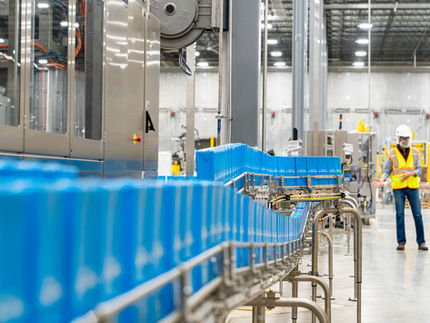The tea industry is also affected by raw material shortages
The mood among the members of the German tea & Herbal Tea Association, the local representative of the industry, is actually positive throughout. Cause for joy gives among other things the fact that according to current tea report in Germany never so much tea was drunk as in the last year and that ever more humans discover completely consciously during and because of Corona teas, herb and fruit teas as natural and healthy food for itself. But current developments are now presenting the industry with unusual challenges. At the moment, it is the shortage of raw materials in the wake of Corona that may lead to supply shortages of some food products as well as tea, herbal and fruit teas.

The tea industry is also affected by raw material shortages.
Deutscher Tee & Kräutertee Verband e.V.
Harvesting. All in good time!
The impact of the pandemic is being felt right now in many commodities, but it is particularly profound in highly seasonal herbs and fruits. For example, 2020 harvests in key producing countries simply failed as people were unable to get into the fields at the optimum time for harvesting due to complete lockdowns. For example, the harvest of rose hips in Chile, a major producing country of the popular fruit, could not take place due to a lockdown lasting several weeks, and nettles from wild collections are also much less available for the same reason. Maximilian Wittig, Managing Director of the German Tea & Herbal Tea Association, highlights the problem with sensitive natural raw materials:"More than 400 plant and plant parts are processed for herbal and fruit teas, some of which can only be harvested once a year at very specific times. Once the window of opportunity has closed in one year, harvesting at a later date is no longer possible. As a result, the total quantity of herbs and fruits available on the world market decreases, prices can rise and it becomes much more difficult for producers to select the desired qualities from the reduced supply. But especially when it comes to the quality of tea or herbal and fruit teas, our member companies do not want to compromise, entirely in the interest of consumers."
Corona and climate cause problems for India
As if the situation caused by Corona was not adverse enough for India's tea growers, the 2021 crop year also saw a historic drought in the key growing regions of Assam and Darjeeling. After all, 13% of the world's tea is produced here and over 33% of German black tea imports come from Assam and Darjeeling. For example, the yield of first flush tea, this very special first harvest after winter, was 48% lower. To effectively contain Corona, only half of the local workforce is allowed to work in the tea gardens at times. The reduced harvest is compounded by logistical problems. Consumers and traders in this country are also experiencing the worldwide disruptions in the supply chains for many consumer goods. Missing containers and congestion at the ports lead to delays and also drive up costs steadily. Natural raw materials such as teas, herbs and fruits are particularly dependent on the smooth running of global logistics.
Teas from Germany remain a treat!
As in the past year, the German tea industry is doing everything in its power to ensure that the impact of the pandemic is not felt either on the shelves or in the cup. Tea should continue to be available as a healthy food and enjoyable beverage in all its variety and in the usual high quality. "What few people know is that Germany is also a tea exporting nation. Tea products and refinements from German manufacturers are highly valued for their high quality in France and the USA, among other countries," Maximilian Wittig sums up the high standard. Even if in exceptional cases the favourite tea should not be available for a short time and higher prices for the procurement of raw materials can have an impact on the price development of finished tea blends, the German tea manufacturers remain optimistic and hope for the understanding of all those who love and appreciate teas.
Note: This article has been translated using a computer system without human intervention. LUMITOS offers these automatic translations to present a wider range of current news. Since this article has been translated with automatic translation, it is possible that it contains errors in vocabulary, syntax or grammar. The original article in German can be found here.




























































